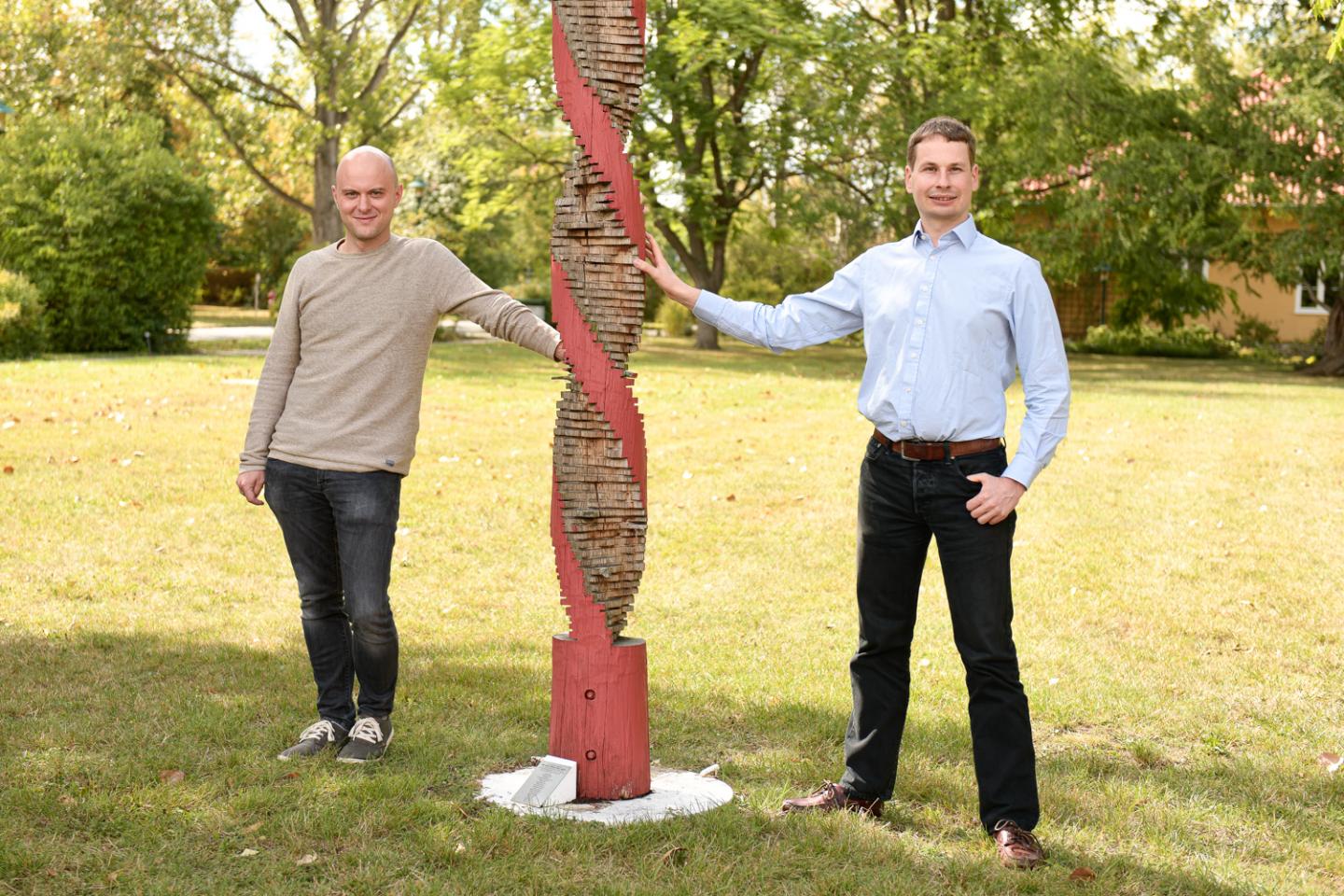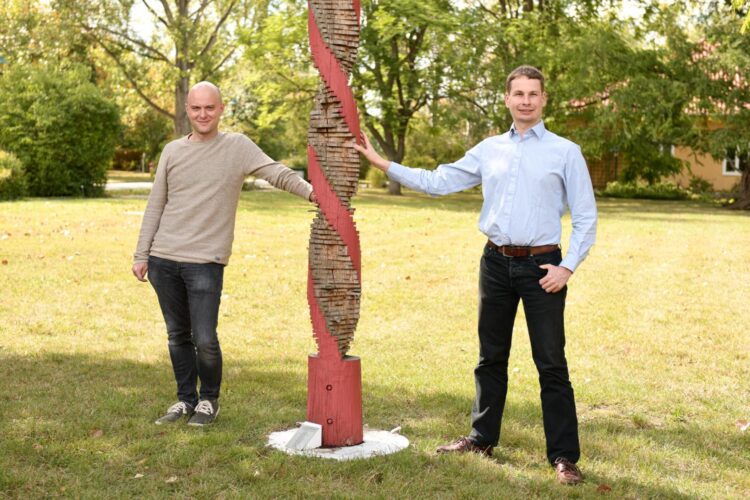
Credit: IPK/ Andreas Bähring
“I am pleased that two young scientists from the IPK were able to prevail in the extremely demanding European competition for the coveted research funds”, says Prof. Dr. Andreas Graner, managing director of the IPK. “On the one hand, the two Starting Grants are a personal award for the two young researchers, on the other hand, they are a further proof of the IPK’s efficiency in the training of young professionals.”
The European Research Council, set up by the European Union in 2007, is the premiere European funding organisation for excellent frontier research. Every year, it selects and funds the very best, creative researchers of any nationality and age, to run projects based in Europe. The funding, worth in total 677 million euros, will help these early-career scientists and scholars to build their own teams and conduct pioneering research across all disciplines. The grants are part of the EU’s Research an Innovation programme, Horizon 2020.
The ERC project TRANSFER of Dr. Martin Mascher aims at understanding the prospects of using crop wild relatives in plant breeding. Wild species related to our crops are an important reservoir of useful genetic diversity in agronomic characters. However, crossing distantly related species is extremely challenging, and wild species are not commonly used by breeders. “In the TRANSFER project, we will work with wild relatives of barley from Patagonia (South America)”, says Dr. Mascher. Genomic and genetic studies will elucidate the molecular basis of exceptional salt tolerance in these species and probe their transferability into domesticated barley.
“The success in the ERC scheme is a great recognition of my recent work on cereal genomics. I am looking forward to continue in the coming years the successful collaboration with so many colleagues at IPK”, says the 34 years old researcher, since 2015 head of the independent research group Domestication Genomics at the IPK and member of the German Center for Integrative Biodiversity Research (iDiv).
Meiosis is a specialized type of cell division in sexually reproducing organisms responsible for the generation of gametes and genetic variation. This genetic variation is harnessed during plant breeding to create superior varieties by selecting favourable traits after creating genetically diverse material. However, in cereal crops such as barley, genetic variation arising during meiosis is mainly limited to chromosome ends leaving the main part of genetic material untouched. “Thus, MEIOBARMIX aims at uncovering new strategies and developing novel tools to increase and redistribute genetic variation during meiosis in barley to improve and accelerate plant breeding”, says Dr. Stefan Heckmann, 38 years old head of the independent research group Meiosis.
“The ERC Starting Grant is a very competitive and prestigious grant for early stage career scientists. I am very thankful for having the opportunity to continue my research career as an ERC fellow for the next five years”, says Dr. Heckmann. “The ERC grant will enable me to establish and consolidate myself as an independent researcher addressing scientific questions with a high risk but also a potential high gain for plant breeding. Overall, I am really excited to continue my research in frame of an ERC Starter Grant at the IPK for the next five years together with my colleagues as an independent rsearch group.”
“The present health crisis showed that despite spectacular progress in research over the past decades, there still remain plenty of unsolved scientific mysteries”, says Professor Jean-Pierre Buorguignon, President of the ERC. “It is clear that, if Europe is to be competitive globally, it needs to give excellent prospects to the next generation of researchers as these ERC Starting Grants do, and to invest much more in top blue sky research.”
###
Media Contact
Dr. Martin Mascher
[email protected]





